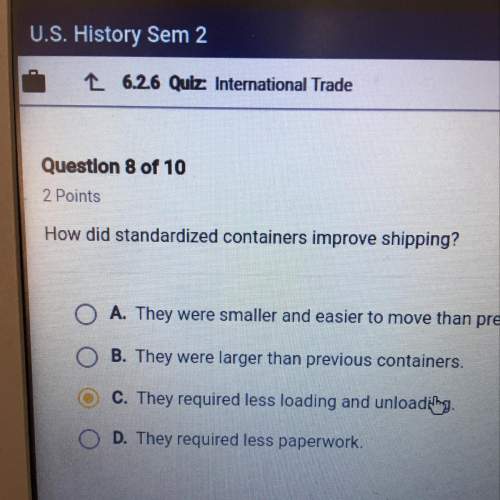
History, 23.02.2021 22:40 christson805
Refer to the passage.
"From the outbreak of the Mukden Incident till the end of the war the successive Japanese Governments refused to acknowledge that the hostilities in China constituted a war. They persistently called it an ‘Incident.’ With this as an excuse, the military authorities persistently asserted that the rules of war did not apply in the conduct of the hostilities.
This war was envisaged by Japan's military leaders as a punitive war, which was being fought to punish the people of China for their refusal to acknowledge the superiority and leadership of the Japanese race and to cooperate with Japan. These military leaders intended to make the war so brutal and savage in all its consequences as to break the will of the Chinese people to resist.
As the Southern movement advanced to cut off aid to Generalissimo Chiang Kai-shek, the Chief-of-Staff of the Central China Expeditionary Force on 24 July 1939 sent an estimate of the situation to War Minister ITAGAKI. In that estimate of the situation, he said: ‘The Army Air Force should carry out attacks upon strategic points in the hinterland in order to terrorize the enemy forces and civilians, and so develop among them an anti-war, pacifist tendency. What we expect of offensive operations against the interior is the mental terror they will create among the enemy forces and civilians rather than the material damage inflicted direct upon enemy personnel and equipment. We will wait and see them falling into nervous prostration in an excess of terror and madly starting anti-Chiang and pacifist movements.’”
Judgment in the trial of Japan’s leadership for war crimes by the International Military Tribunal for the Far East, 1946
How did events from 1890 to 1935 create the conditions for the atrocities described in the passage?
Japan’s assistance to the Entente in WWI made European governments reluctant to stop Japan’s expansion.
Economic problems during the Great Depression caused Japan to doubt the value of Western civilization.
Japanese successes on the world stage and rampant nationalism led to a belief in national superiority.
The Meiji period led to a rapid increase in the need for raw materials from China for the Japanese economy.

Answers: 2


Another question on History

History, 21.06.2019 23:30
How did the invention of the cotton gin affect slave labor in the united states? a. there was a forced migration of slaves from the south to the north. b. slave-owning cotton planters were gradually forced to sell their plantations. c. more slaves were purchased to work on cotton plantations in the south. d. the reduced need for labor on cotton plantations led to a decline in slavery. e. slaves were moved from cotton plantations to sugar plantations.
Answers: 2

History, 22.06.2019 04:00
Explain how republicans gained control of southern state governments?
Answers: 1

History, 22.06.2019 12:30
Ineed this fast! 50 points! it has to be at least 125 wordsin a paragraph of 125+ words, explain why it was so important to determine who would be in control of reconstruction plans between the executive and legislative branches of government.
Answers: 3

You know the right answer?
Refer to the passage.
"From the outbreak of the Mukden Incident till the end of the war the success...
Questions




Mathematics, 28.02.2020 05:44


English, 28.02.2020 05:45







Mathematics, 28.02.2020 05:45


Mathematics, 28.02.2020 05:45



History, 28.02.2020 05:45

Computers and Technology, 28.02.2020 05:45

Mathematics, 28.02.2020 05:46




